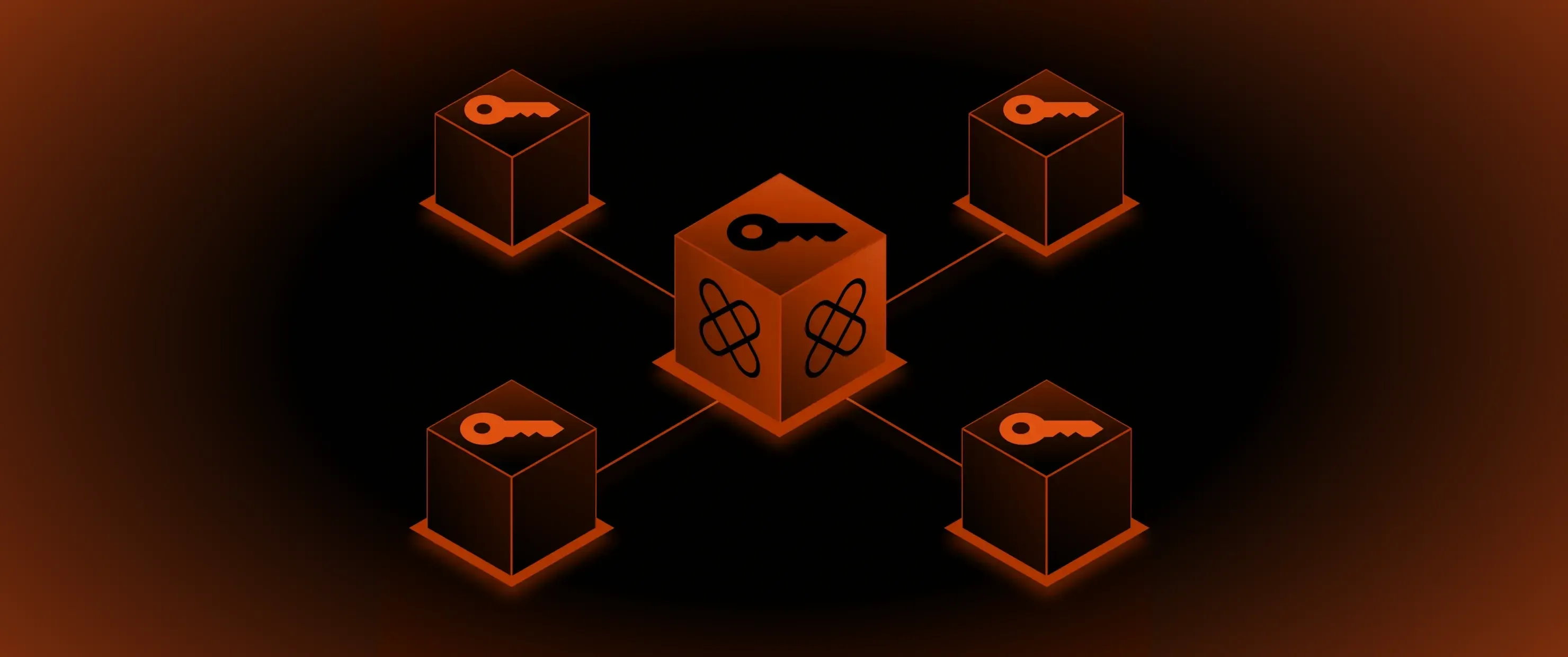A how to guide written by Amy Ballantine, Head of Compliance and MLRO at Xapo Bank
Scammers and fraudsters are constantly finding new ways to try and trick us. As they are becoming increasingly sophisticated, it's essential to recognise the warning signs to protect yourself.
Common red flags
Has someone got in touch with you out of the blue? Did you receive an email, social media message, etc., from someone offering you investment advice or opportunities? Especially from strangers or unknown entities? Has someone asked for remote access to your phone or computer, or asked you to install software onto your device? These will usually be scams.
A legitimate company will not reach out to you out of the blue offering investment opportunities. They certainly will not ask for access to your phone or computer or to install software giving them access to your phone.
Does the offer sound too good to be true? Are the returns being offered unrealistic? You know the saying, if it sounds too good to be true it probably is. Scammers will often create a sense of urgency to pressure you into making a quick decision without thinking about it properly.
Protecting yourself
Take a breath
Resist the temptation to act immediately
Don’t fall for “limited time offers”
Do not install any software or click on any links they send you
Don’t open a bank account because they tell you to - no legitimate investment firm will ask you to open a new bank account to add layers to the transaction.
Check the information through official channels.
Is the company regulated?
If it's a bank or investment firm it will have a licence - check the details on the official regulator website
Where is the company incorporated?
If it's a cryptocurrency entity, is it regulated?
Has the project published a whitepaper?
Read it carefully, poorly written or vague whitepapers can be a sign of a scam
Research the team members involved in the project, are they real people, with verifiable backgrounds and experience in the crypto industry?
Be suspicious of anonymous teams
Our commitment to your security
Xapo will never ask you to provide remote access to your phone or computer. We will never ask you to disclose your PIN number, log in details or passcodes.







